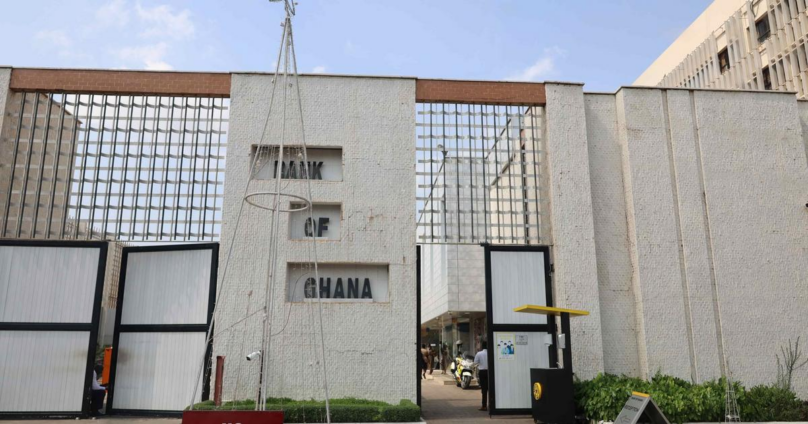The Bank of Ghana (BoG) and the National Bank of Rwanda (NBR) have taken a significant step towards advancing financial technology innovation and integration in Africa.
The two countries have signed a Memorandum of Understanding (MoU) to establish a licence passporting framework and enhance cross-border payment interoperability for regulated fintech companies.
The MoU was signed on February 25, 2025, during the Inclusive Fintech Forum in Rwanda, which ran from February 24 to 26.
The signing ceremony was attended by the Governor of the National Bank of Rwanda, Mr. John Rwangombwa, and the Governor of the Bank of Ghana, Dr. Johnson Asiama, along with other key officials from both central banks.
The newly established licence passporting framework aims to ease cross-border operations for regulated fintechs licensed in either Ghana or Rwanda.
With this initiative, fintech companies from both countries will be able to expand their services with minimal additional regulatory hurdles, thereby accelerating innovation and supporting the growth of the financial technology sector across borders.
Highlighting the importance of the agreement, Dr. Johnson Asiama stated, “The signing of this memorandum of understanding reaffirms our commitment to the broader idea of an integrated African market.
"It holds the prospect of enhancing the livelihoods of our citizens and creates opportunities for an environment that encourages fintech innovation and investment, ultimately benefiting our economies, particularly micro, small, and medium-sized enterprises (MSMEs).”
Echoing similar sentiments, Mr John Rwangombwa emphasized the need for a balanced approach in developing cross-border payment systems.
“We recognise that creating an effective cross-border payment infrastructure requires more than just innovation. It demands a forward-fitting regulatory framework that balances risks and opportunities,” he noted.
Both the Bank of Ghana and the National Bank of Rwanda expressed optimism that this enhanced cooperation will spur prosperity and development within the digital payment ecosystem of both countries.
By fostering easier access for fintech companies to operate across borders, the two central banks aim to promote financial inclusion, increase competitiveness, and stimulate economic growth in their respective markets.
This agreement marks a significant stride toward realising the African Continental Free Trade Area (AfCFTA) vision of seamless trade and financial integration across the continent.
With fintech playing a pivotal role in reshaping how financial services are delivered, the partnership between Ghana and Rwanda is expected to set a new benchmark for regional collaboration in Africa’s rapidly evolving digital economy.
Latest Stories
-
Health Minister calls for independent mediation to end nurses’ strike
26 seconds -
Office of the Special Prosecutor remains Ghana’s most promising anti-corruption tool
32 minutes -
President Mahama promises significant drop in Hajj fares next year if…
1 hour -
Special Prosecutor reiterates calls for lifestyle audits, asset seizures without conviction
1 hour -
Styrofoam Ban: I-DIEM Africa lauds President Mahama
2 hours -
Trump’s travel ban strains US-Africa relations
2 hours -
UGBS, MIG, ASoE partner to equip students with leadership skills
3 hours -
Bank of Ghana directs banks to review pricing model for customers
3 hours -
BoG says 2024 financial year saw improved performance despite loss
3 hours -
Private sector eager, prepared to work with the government to boost production – GNCCI
3 hours -
Trade Minister spotlights Ghana’s entrepreneurial progress in the USA
3 hours -
Cedi’s sharp appreciation may undermine gains from upcoming cocoa price hike – COCOBOD
3 hours -
Ghana advances sustainable e-waste practices
4 hours -
Fuel Levy a betrayal after fare reduction – GPRTU accuses government
4 hours -
Plastic Industry cautions against hasty styrofoam ban
4 hours

